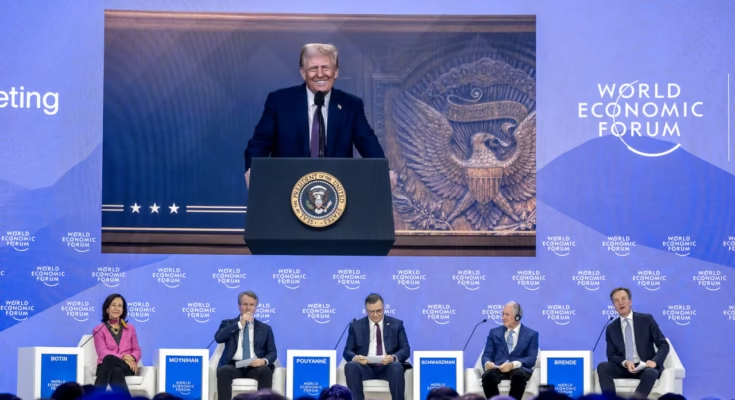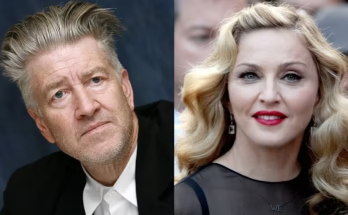In a video address to the World Economic Forum in Davos on January 23, 2025, U.S. President Donald Trump laid the blame for the ongoing war in Ukraine squarely on Russian President Vladimir Putin. Trump argued that if the price of oil were reduced, the war would end immediately, adding that “it’s time to end it.”
Trump’s comments came a day after he threatened massive tariffs and sanctions on Russian products if a peace deal was not reached. He also highlighted that Ukrainian President Volodymyr Zelenskyy had expressed his readiness to negotiate a deal to end the conflict, but Trump emphasized that it was ultimately up to Russia to act.
In his address, Trump reiterated his belief that Russia’s war efforts were being fueled by its energy revenues, which is a major source of income for the Kremlin. He also acknowledged that Zelenskyy had reached out to the Trump administration, seeking support for peace negotiations and emphasizing that Russia, not Ukraine, was the obstacle to a resolution.
During the speech, Trump also underscored his position on European security, saying he would guarantee the supply of liquefied natural gas (LNG) to Europe, in light of Russia’s reduced energy exports due to the war. Additionally, he revealed plans to urge NATO members to raise defense spending to 5 percent of their GDP, a significant increase from the current 2 percent target.
Trump also mentioned his conversations with Chinese President Xi Jinping, urging China to exert pressure on Putin to end the conflict. He remarked that China has significant influence over Russia and expressed hope for cooperation between the U.S. and China to bring about a cessation of hostilities.
The U.S. President’s remarks reflect his evolving stance on the war, which includes a willingness to work with international partners to end the conflict, particularly by leveraging economic influence and diplomatic channels. Trump’s call for higher defense spending within NATO signals his continued focus on strengthening global security alliances.



